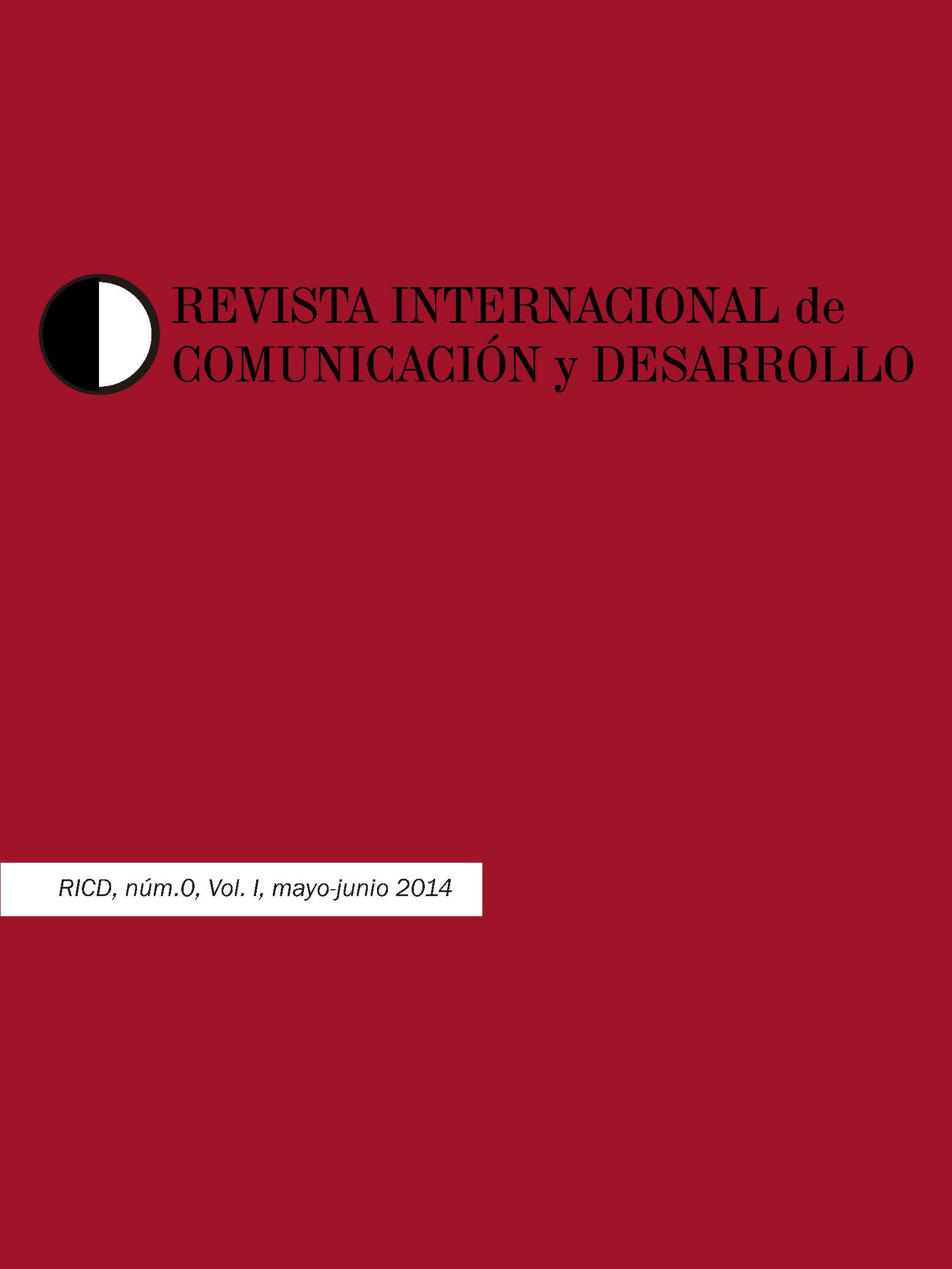Vol 1 No 0 (2014), Research articles
Submitted: 11-06-2014
Accepted: 11-06-2014
The incorporation of the Spanish universities to the European Higher Education Area (EHEA) demanded a thorough modification of the curriculum, which looked like an opportunity to introduce gender theory and feminist epistemology into the university syllabuses. This would have fulfilled the requirements of the law that had been passed in Spain in 2004, which contemplated the inclusion of the principle of equality between men and women in higher education. However, now that the process of adaptation to the Bologna model has been completed, the fact is that gender-based knowledge has barely been taken into the classroom, and we can even appreciate a decrease in the number of gender-based courses in comparison with the pre-EHEA programmes. And this, despite the great developmentin theory and research accomplished by gender experts and research units. Because of the transcendental social role played by communication and information, and also due to the hegemonic part played by the media today, this situation is particularly relevant to the field Communication Studies (Advertising and Public Relations; Journalism and Audiovisual Communication), where the gender perspective is virtually non-existent. Th is paper summarizes the most relevant epistemic and methodological issues related to gender in higher education in general and in Communication in particular, providing some suggestions for the improvement of everyday teaching practices.
Gender, EHEA, feminism, communication


